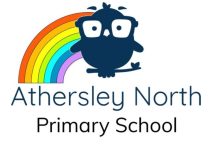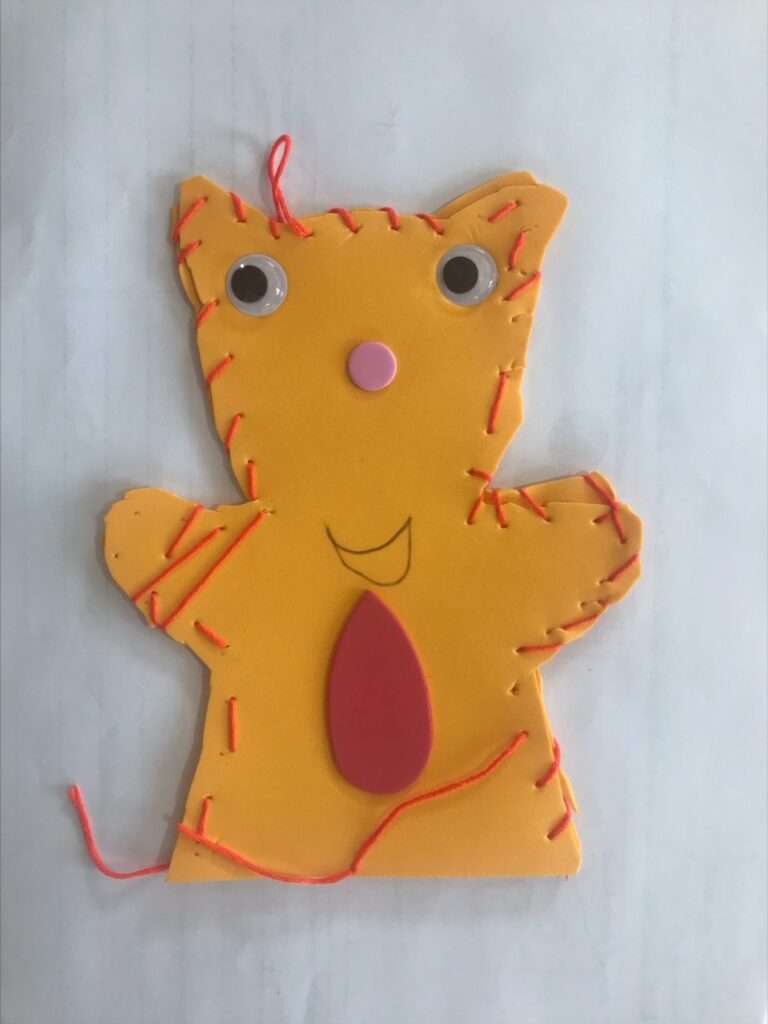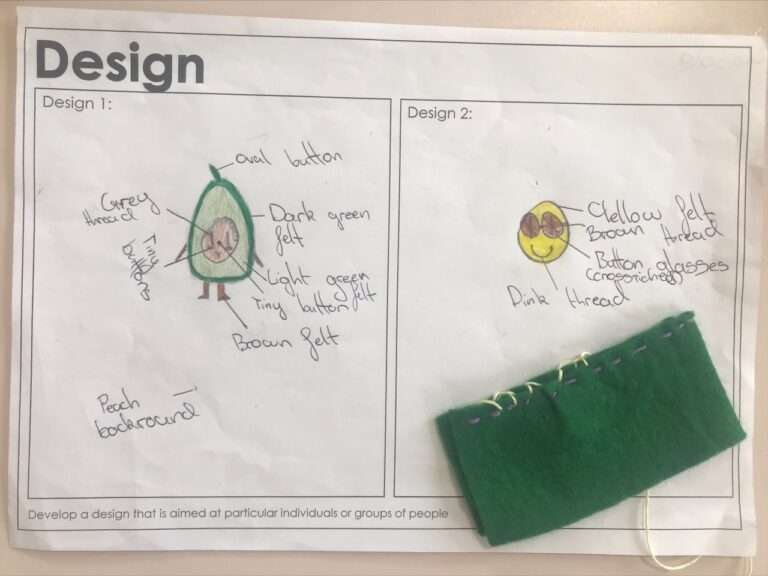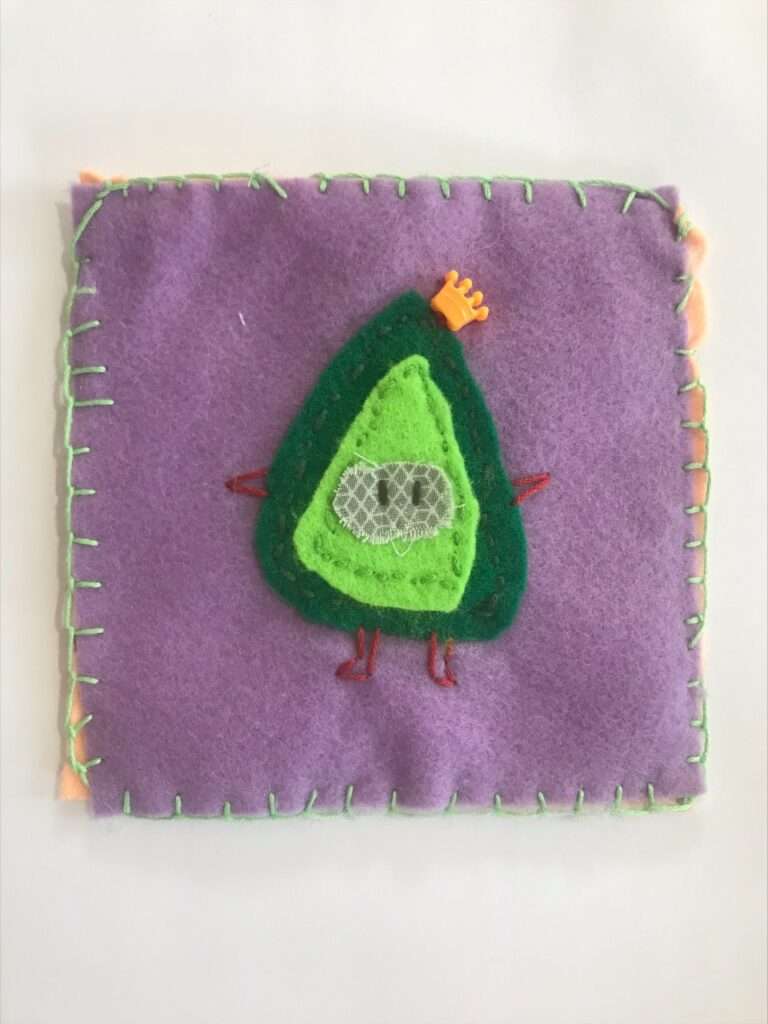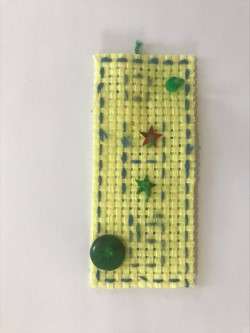Design Technology
"Design Technology should be the subject where Mathematical brainboxes and science whizz kids turn their bright ideas into useful products." - James Dyson
Design Technology is an inspiring, rigorous and practical subject. Using creativity and imagination, pupils design and make products that solve real and relevant problems within a variety of contexts, considering their own and others’ needs, wants and values. Through Design and Technology pupils at Athersley North Primary school become competent in a range of skills including learning basic stitches, craft and construction techniques and cooking techniques. Through Food Technology, pupils learn the basic skills required to cook a repertoire of dishes so that they are able to feed themselves and others a healthy, varied diet. At the heart of the curriculum is the desire to deliver a broad variety of lessons which prepare pupils to be successful in the subject and their wider lives. We aim to achieve this through inspired teaching, thinking and learning that embraces new technologies whilst also maintaining the traditional skill set to enable pupils to become self- sufficient members of the wider community.
We have created a Long Term Progression Plan to ensure that the broad attainment areas set out in our curriculum are taught effectively and relates progression to the UK National Curriculum. Through the Long Term Progression plan, clear progression strands are highlighted to ensure that progression outcomes are outlined throughout school. In addition, key vocabulary has been identified throughout our Long Term Planning to ensure vocabulary is progressive throughout each year group. Our DT curriculum is taught on a 2 Year rolling cycle, enabling each year group in school to focus on the same strand to show clear progression throughout each Key Stage and ensuring pupils can revisit key concepts.
Long Term Plan
Key Vocabulary Progression
Example Progression Strand
Implementation - How Will We Deliver the Curriculum?
Underpinning our Long Term Planning we have the six key concepts; Design, Make, Evaluate, Technical Knowledge, Innovation, Functionality. When related to the six key concept areas, progression might be knowledge of a new architect, sculptor or artist that pupils have learned, it might be ideas recorded in their sketchbook or a new skill they have studied. It could equally be a discussion they have taken part in about their or other’s work. In short, progression is everything the pupils learn in a Design Technology lesson. For this reason, our teachers ensure that the learning is sequenced properly and designed according to the needs and age of the pupils. As pupils progress through school, they study a broad range of architects, sculptors or artists, exploring different styles and techniques.
Impact - How Do We Know Our DT Curriculum is Effective?
We use end of strand progression trackers statements (KS1, LKS2, and UKS2) to judge if pupils are working at the expected level and are making progress. These statements cover: Craft and Construction, Textiles and Food Technology.
Pupil Voice
Pupil voice is used to not only assess how well they have retained the knowledge they have been taught, but also to elicit pupils individual thoughts and feelings towards their and other’s work.
Display
DT is created to be enjoyed. In addition to DT display, showcasing the progression of DT throughout school, the majority of the displays in school are either centrally themed around or accentuated by pupils work.
DT Portfolio Folders
Portfolio folders are used to explore ideas, practice techniques, and for pupils to record their individual responses. As portfolio folders are passed on from year to year, they provide a tangible measure of progress. Even within a unit of work, progress is clearly visible, but over an age phase, the portfolio acts as a visual journal showing clear skill and knowledge development. Below, are examples of how we use portfolio folders at Athersley North Primary;
Knowledge Organisers
Knowledge Organisers are introduced at the start of a new theme/unit of work. This tool is used to help pupils gain, retain and build the knowledge and skills set out in long and medium term plans.
Below are some examples of Knowledge Organisers.
